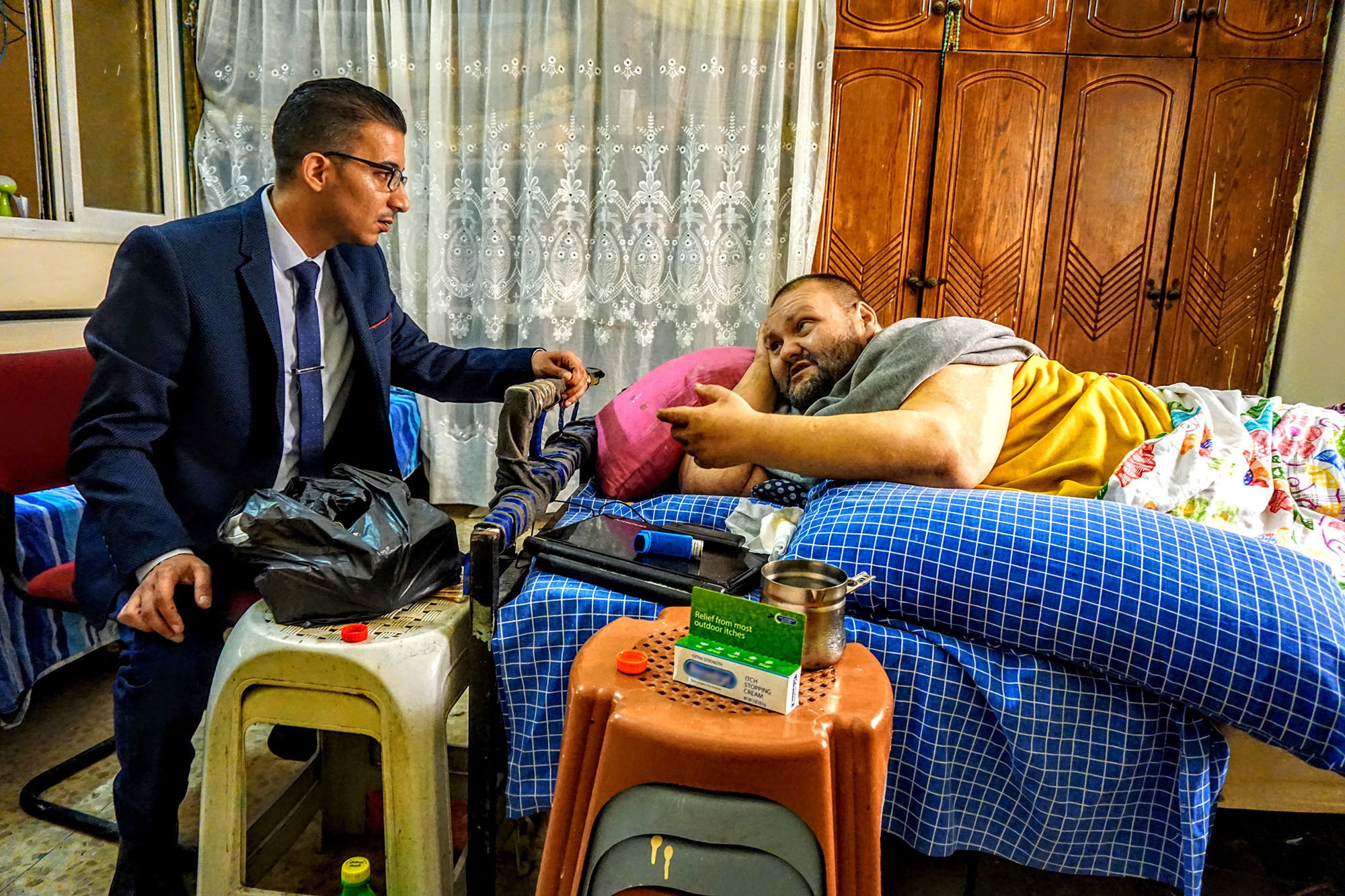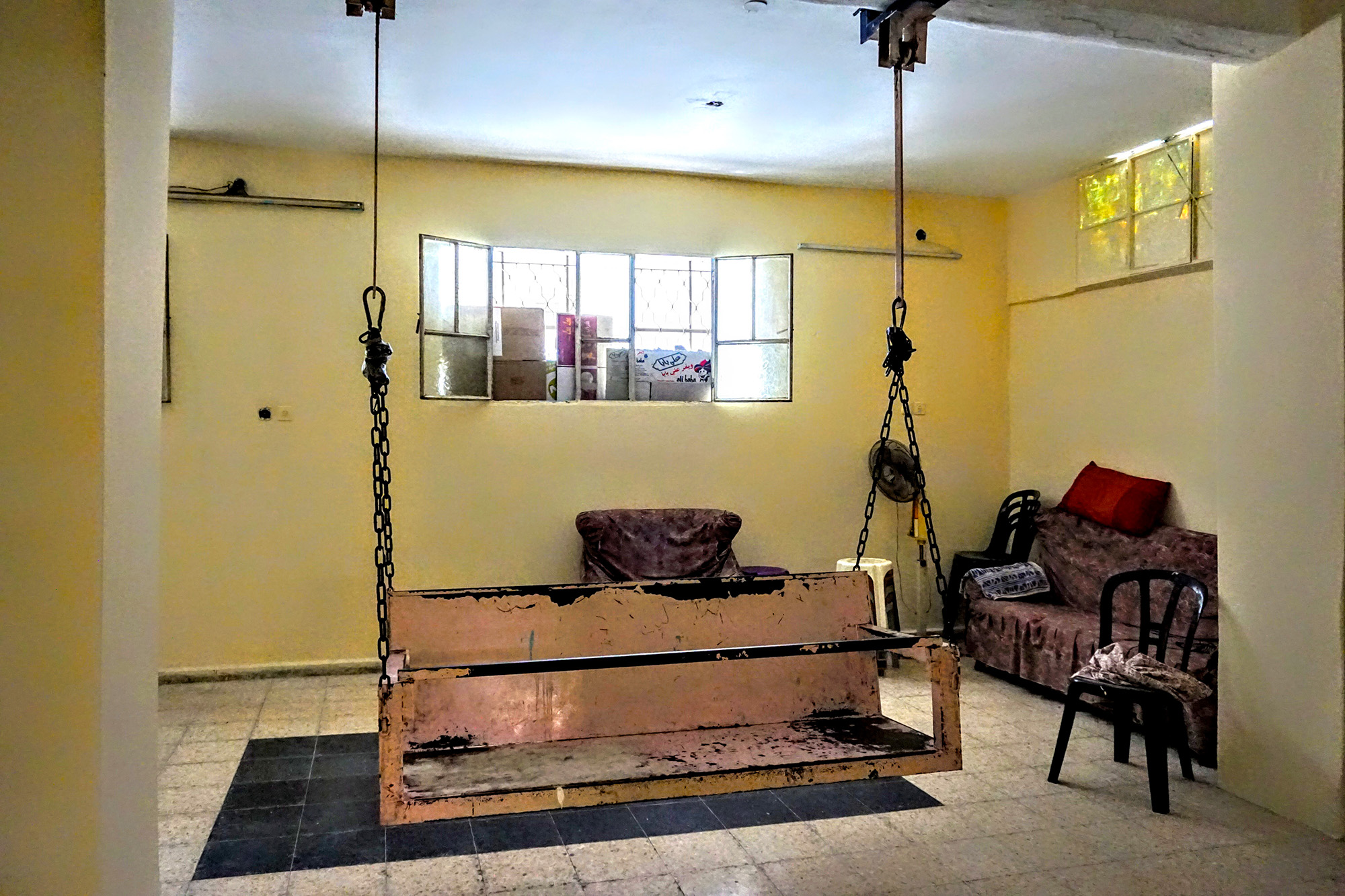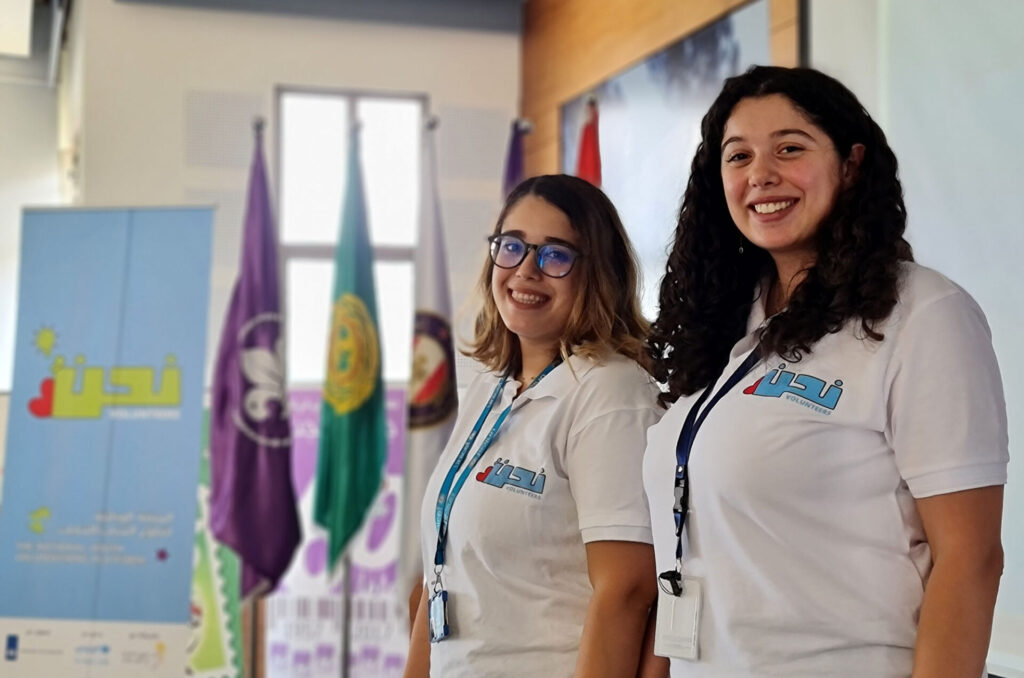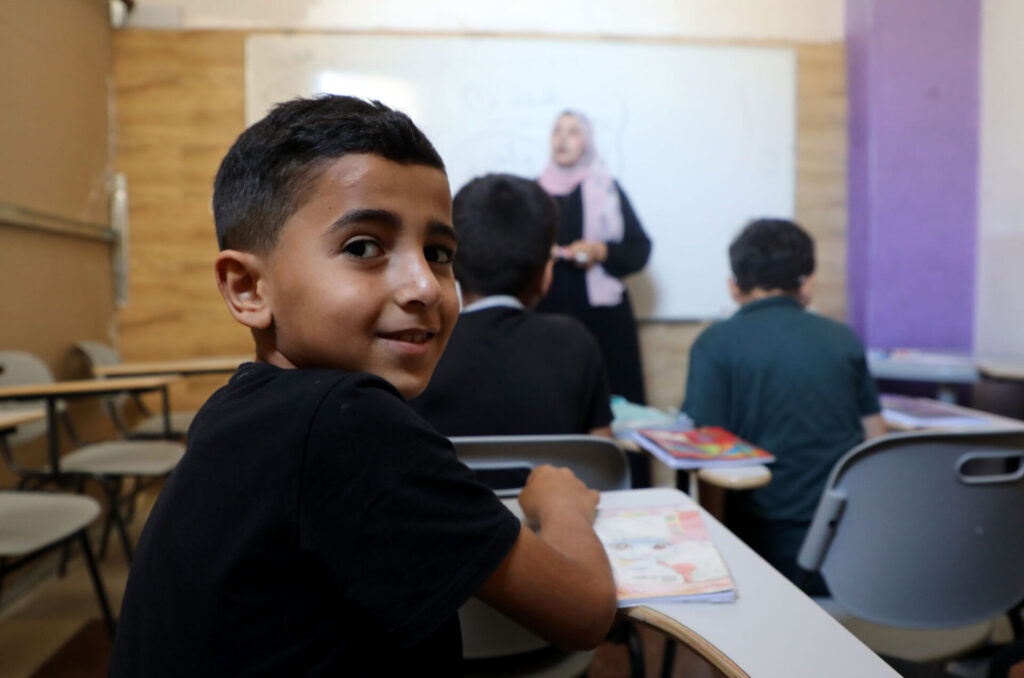HEALTH
Easing the Pain of Skin Ulcers in Balata Refugee Camp
Sep, 2019
Abedlfatah, 48, is a resident of Balata refugee camp in Nablus, West Bank. He has Type 1 diabetes. Abdlfatah confesses that his illnesses worsened because he refused for years to acknowledge his sickness.
Abedlfatah was once a strong man, he says - a bodybuilder, well known in Balata camp for his strength.
“One day we had a competition to pull a car with a rope. I pulled the car with only my teeth. Everyone was cheering. It felt effortless. My kids grew up seeing me competing alone in strength contests against 12 people.”
When he first began experiencing pain, he ignored it. His health got worse and worse.
“It was difficult for me to concede that I was sick. How could I let people see that the strong man in the refugee camp is sick? It was even more painful than the illness itself,” he says.
The tiny walls and narrow alleys of the camp make it hard to get in and out. “No cars or ambulances can make it inside the camp. I needed four people to carry me and I don’t feel comfortable doing that,” he says.
During a home visit, Dr. Ayham Abu Nadi counsels him on how to best manage his condition. Over the years his weight has grown and now confines him in his bed. “Now I can’t walk,” he says, voice trembling. Abu Nadi says Abedlfatah’s lack of mobility and prolonged pressure on his tissues has led to skin ulcers, commonly known as bedsores.
The bedsores have spread across his body. Abu Nadi prescribes him Benadryl (diphenhydramine hydrochloride and zinc acetate) to help alleviate itching.
In one room, Abedfatah has a sturdy metal swing that he wants to use to exercise his limbs once his sores heal.
“My advice,” Abedlfatah says, “when your body aches, it means something is wrong. Don’t let it go untreated.”
Through a shipment from Americares, Anera recently delivered 68 tubes of 2% Diphenhydramine Hydrochloride/ 0.1% Zinc Acetate to Yazour Charitable Society - Health and Social clinic in the Balata refugee camp in Nablus.




